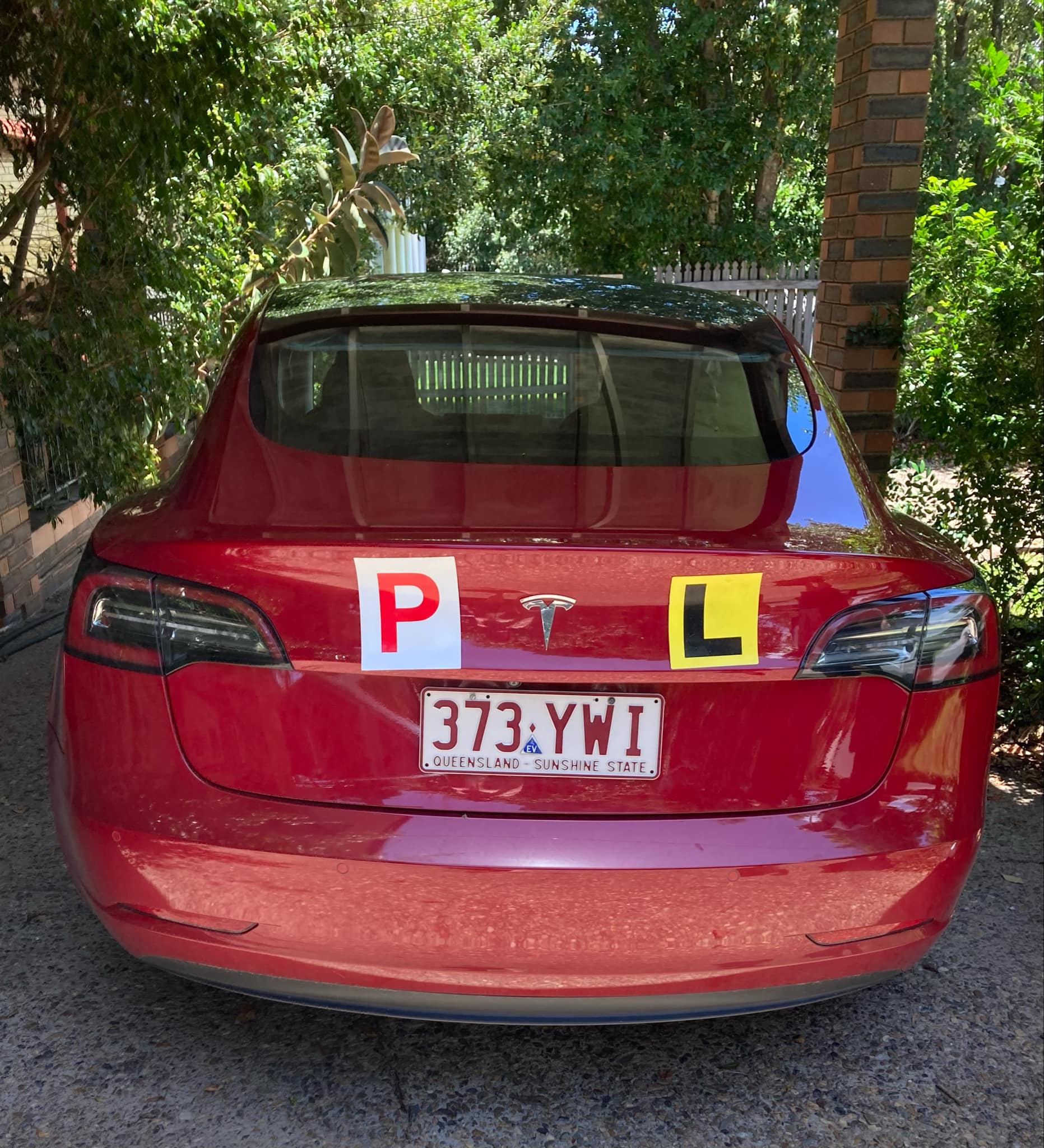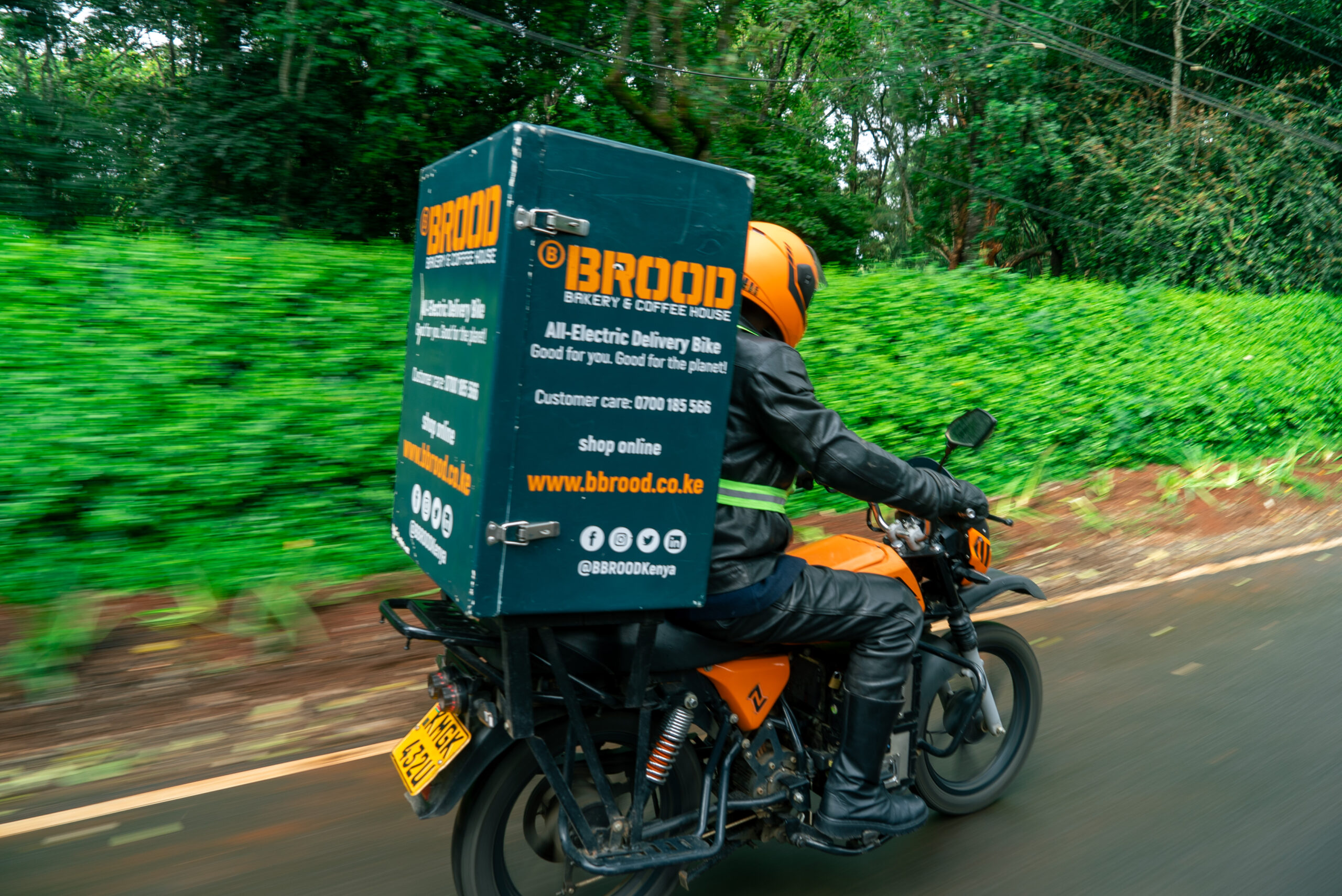Sign up for daily news updates from CleanTechnica on email. Or follow us on Google News!
Volkswagen has reduced the output of electric cars at its German factories and has cancelled plans to build a new $2 billion factory in Wolfsburg, according to a report from Bloomberg. Is this good news, bad news, or just news? Let’s dig into both stories to see if we can find some answers to those questions.
Volkswagen Trims EV Output
Bloomberg reported on September 26 that demand for electric cars in Germany has suffered a significant decline this month primarily because the German government has decided to end EV subsidies for business customers — a big part of the new car market in Germany. That decision led to a big increase — 171 percent — in EV sales in August as customers raced to buy new cars before the subsidies ended. Since then, EV sales have been falling in the wake of the subsidy phaseout. 70% of the electric cars manufactured in Zwickau are purchased by business customers.
Without the subsidies, the price of buying a new electric car for business use has gone up substantially, but shoppers have other concerns on their minds as well. Electricity rates are going up, as is the cost of living for many Germans, and there are still lingering concerns about charging infrastructure and the driving range of battery-powered cars.
Production of the Volkswagen ID.3 and Cupra Born electric models will be dialed back at the company’s main EV factory in Zwickau until October 16, a spokesperson said. Assembly of the ID.3 at the Glass Factory in Dresden will cease for the first two weeks of October.
Volkswagen is engaged in talks with local labor representatives on how production in Zwickau will continue in the second half of October, the spokesperson added. Assembly in Dresden will return to normal starting in the last two weeks of October.
Volkswagen said earlier this month it will be letting 269 temporary workers in Zwickau go once their one-year contracts expire.
No New Factory In Wolfsburg
When Herbert Diess was running the show as head of Volkswagen Group, he talked often of his plans for a new electric car architecture he called Trinity, and said the company would build a new $2 billion factory in Wolfsburg that would rival the efficiency and productivity of the Tesla factory in Grünheide.
But when Diess got replaced by Oliver Blume, a thorough review of the Trinity program and the proposed new factory was undertaken. Now that the review has been completed, a decision has been made and approved by the 20 members of the Volkswagen Board of Management to scrap the plans for a new factory — which was projected to cost more than $2 billion — and reshuffle the plan for which cars will be made where among the company’s existing factories.
In a company press release on September 29, 2023, Thomas Schäfer, CEO of the Volkswagen brand, said, “Our industry faces complex challenges as it undergoes a transformation that is being conducted under difficult business conditions. It is all the more important that we prepare our individual plants and the Volkswagen production network in Germany for the future. Within the context of our performance program, this newly approved vehicle allocation plan will make a substantial contribution to a strong, competitive VW brand.”
Christian Vollmer, the Volkswagen brand Board of Management member for production and a member of the Extended Executive Committee for Production, added, “We are using the transition to electromobility as an opportunity to reduce the complexity of our production operations and increase the efficiency of our plants even further. We are systematically bundling vehicles based on the same architecture across all brands in our plants. By doing so, we will save significant investments in the integration of different vehicle architectures. Rather, we want our plants to produce several different models on the technical basis of one vehicle architecture.”
The company said that production of the ID.3 will be ramped up in 2023 at the Zwickau factory (after the early October pause is over, presumably). The Wolfsburg factory will be tasked with producing a second electric model — an all-electric SUV for the high-volume A segment — starting in 2026.
Wolfsburg will also produce the still-popular Volkswagen Golf and the next generation Tiguan. Beginning in 2025, the successor model of the Tiguan Allspace will be produced at the Wolfsburg factory as well.
Shuffling The Production Deck
The board decided — no doubt at the behest of Oliver Blume — there was no need to build an additional plant in Wolfsburg. Instead, new electric models based on the SSP architecture (scalable systems platform), that will be introduced at the end of the decade, will be integrated into existing and modernized structures at the main plant. A battery electric version of the Golf is also to be built there on the SSP platform. As things stand today, the Trinity vehicle project originally planned for Wolfsburg will go to the Zwickau factory.
Handelsblatt adds some context here. An unidentified member of the supervisory board told the German newspaper that the plans for a new factory to build the Trinity cars “were too optimistic. In short: they could not be fulfilled. But there’s more to the story. The current agreement with the works council in Zwickau expires in 2029.”
The Trinity platform is expected to go into production in 2028. Therefore, building cars on that platform in Zwickau will provide the workers at that factory with the job security they seek after the current agreement expires. Cars built on the Trinity platform are expected to be capable of much higher charging speeds and at least have the potential of Level 4 autonomous operation.
Bloomberg reports the decision to assign Golf production to Wolfsburg comes as the brand pushes through savings measures demanded by Blume. High demand anticipated for the model bolsters the argument to keep staffing levels high as a job security package with the union runs expires in 2029. Finally, Volkswagen Commercial Vehicles in Hanover is expected to build a new family of electric models on the scalable EV platform planned for the end of the decade.
As always, the union was heavily involved in all this planning for the future. Daniela Cavallo, the head of the General Works Council, said in a statement, “With the decisions for our domestic vehicle manufacturing VW plants, we have now taken an important step in the planning round. In doing so, even in difficult times, the company and the Works Council are demonstrating their ability to work together to find solid solutions that combine the best possible economic utilization of the factories and clear prospects for our work forces. With that in mind, we are now moving on to the next stages tfor the planning round and the performance program.”
The Takeaway
The question we asked at the beginning was is this a good thing or a bad thing? To an outside observer, there is a hint of panic about all this sturm und drang over the Trinity project, the sacking of Herbert Diess (yes, we know he wasn’t fired, but it seems nobody has heard anything from him in almost a year — is he locked in a broom closet somewhere?), the on-again, off-again rumors of the ID. Life/ID.2, and the continuing saga of software that doesn’t work the way it should.
Oliver Blume is clearly super competent, but it must be a constant challenge dealing with the Porsche and Piech families, not to mention the government of Lower Saxony. It can’t be fun balancing all the demands being made on him.
The EV revolution is going to see some companies fail. Up to now, it has seemed that Volkswagen would survive, but there’s a whiff of desperation in the air in Wolfsburg. What do you think? Let us know in the comments.
Have a tip for CleanTechnica? Want to advertise? Want to suggest a guest for our CleanTech Talk podcast? Contact us here.
EV Obsession Daily!
I don’t like paywalls. You don’t like paywalls. Who likes paywalls? Here at CleanTechnica, we implemented a limited paywall for a while, but it always felt wrong — and it was always tough to decide what we should put behind there. In theory, your most exclusive and best content goes behind a paywall. But then fewer people read it!! So, we’ve decided to completely nix paywalls here at CleanTechnica. But…
Thank you!
Tesla Sales in 2023, 2024, and 2030
CleanTechnica uses affiliate links. See our policy here.




